Grace Driggers remembers feeling uncomfortable throughout REL-121, a course she took to fulfill the core religion requirement. For three years, Calvin had been a place that had built her up in song, in Scripture and in fellowship, but the things she was learning in her religion class seemed to contradict beliefs she had held from an early age, she said. In particular, learning about multiple interpretations of the Genesis creation account was “very challenging,” Driggers said. “For my entire life, I heard one thing and that’s what I believed in.”
Wrestling with hard questions is “a good and necessary part of the Christian life,” according to Clair Mesick, religion professor. Uniquely positioned in what some have called the “messy middle,” Calvin and its professors remain committed to a “vigorous and curious faith,” — as stated in a document provided to Synod 2014 by Calvin administrators and faculty — which does not shy away from difficult questions. This commitment sometimes creates barriers or challenges for students who encounter these ideas for the first time.
Reformed perspective
When asked about his vision for a Reformed Christian education, Rev. Zachary King, General Secretary of the Christian Reformed Church of North America (CRCNA), told Chimes, “Theological instruction should nurture and deepen our faith as we come to appreciate Scripture and grow in our walk with Jesus. But it should also help us learn about unfamiliar and even intimidating theologies and religious beliefs. If our faith hasn’t already been challenged and even criticized by the time we get to university, it will be. Through this, God can position us as Christ’s witnesses in a world that doesn’t yet know the gospel of grace.” King noted that the Reformed emphasis on understanding theological questions is part of what drew him to the denomination.
David Warners, a biology professor who has worked at Calvin for 27 years, has seen students grapple with questions of science and faith over and over again. Randy Meyers, a 1995 Calvin alumnus, felt this tension while he attended Calvin. Meyers recalls having a conversation with physics professor Howard Van Til about his controversial 1986 book The Fourth Day, which raises the possibility of multiple interpretations of Genesis.
“I remembered going to his office hours, determined to prove this professor wrong,” Meyers said. Although he didn’t change his views at the time, Meyers now notes that encounter, and many others like it, were a significant turning point for his journey of faith. Meyers told Chimes that, “looking back on things, I can see [that] professor Van Til was very patient with me and very willing to listen to my beliefs.”
Throughout his tenure, Warners said he’s “seen the student body become more diverse… on both ends of any sort of spectrum.” Students come into Calvin with a number of perspectives, but regardless of their points of view, David Urban –– an English professor who teaches “Bible as Literature” courses at Calvin –– told Chimes that to engage well with each other, “we need to start by recognizing that disagreement is not to be done in a way that is mocking…. To those who hold a different position…we as faculty have to model that kind of respect…and show that we ourselves don’t articulate disrespect.”
Not only is a shunning of disrespect necessary, so too is an emphasis on engaging well without compromising one’s own beliefs, according to Warners. When it comes to teaching evolution from a Reformed perspective, he reminds his students “that they don’t have to buy it hook, line and sinker,” but rather “they need to think these things through for themselves.” But even as students think things through, he said, they aren’t necessarily going to come to a conclusion; he still has questions about human evolution. However, enduring questions don’t bother Warners. “The older I get, the more comfortable I am with mysteries and not having all the answers,” Warners said.
Chad Engbers, another English professor who teaches about textual interpretation, said that his “Ways of Reading” class confronts directly hard questions about “the illusion of objectivity” — the idea that any one interpretation of a text is the true and objective one. Engbers hopes that students who may disagree with the concept and only interpret the Bible in one specific way will eventually come to recognize another main premise of the course — that the more interpretations of the Bible there are, the more the Bible means. “When two people disagree on what a text means, the meaning of that text isn’t canceled out or divided; it’s multiplied,” he said. According to Engbers, without disagreement in Biblical interpretation, we will never begin to grasp the fullness of meaning contained in the Word of God.
And even if students are not uncertain about their convictions or beliefs, Urban told Chimes, “We have to approach our texts with humility. You can have firm convictions but still be humble about it.”
Religion professors Daniel Harlow and Mesick also emphasize this kind of individualistic yet humble learning in their classes. Harlow tells his students that they should feel free to hold onto their traditional readings of the Bible, but he also warns them that some of the course’s topics may make them uncomfortable, “because [the topics] are at odds with perspectives we have all grown up with in Sunday School.”
Student experience
For other students like Driggers, this can be challenging. Iain Ledingham, also a senior studying elementary education, took REL 232, titled “Creation and Humanity,” last fall. While he said that his own faith rested on a strong foundation, for others who may have already been struggling, the course’s critical look at Scripture was “almost a final nail” due to what he felt was the absence of close professor support.
Levi Huizenga, a junior studying philosophy and human resource management, told Chimes he “came in as a freshman with a fairly conservative Christian mindset… in a theological sense.” Huizenga acknowledged that while he found certain ideas from his core religion class challenging, he appreciated the way in which those ideas were introduced. “It didn’t seem like he was trying to convince me to change my mind or convince me of anything I didn’t believe.”
After having completed his core religion credit, Huizenga felt he had gained a deeper understanding of the breadth of the Christian faith.“The fundamental convictions I came in with, I would say I very much still have. But taking the religion class I took primarily gave me the ability to empathize with other perspectives I didn’t know very much about,” Huizenga said.
The way forward
Some Calvin professors understand how these current students feel, in part because a number of them felt the same way when they were students. “When I was raised in the Christian Reformed Church, it seemed like I was taught that I’ve got to have answers, and the answers have to be the best answers,” Warners said. “I was not given the freedom to have mystery as part of my answer. And so I want students to know that they don’t have to come up with answers. They should [learn], as I’ve learned, how to feel comfortable with uncertainty and with mystery.”
Professors are also there to work through questions alongside their students, Mesick added. “I expect my students will go on to continue to wrestle with tough questions throughout their life, and so my goal is to give them a solid platform from which to do so,” Mesick said.
Note: Randy Meyers is related to Ethan Meyers, one of the authors of this article.
This article has been updated to correct the spelling of Clair Mesick’s name. Chimes regrets this error.







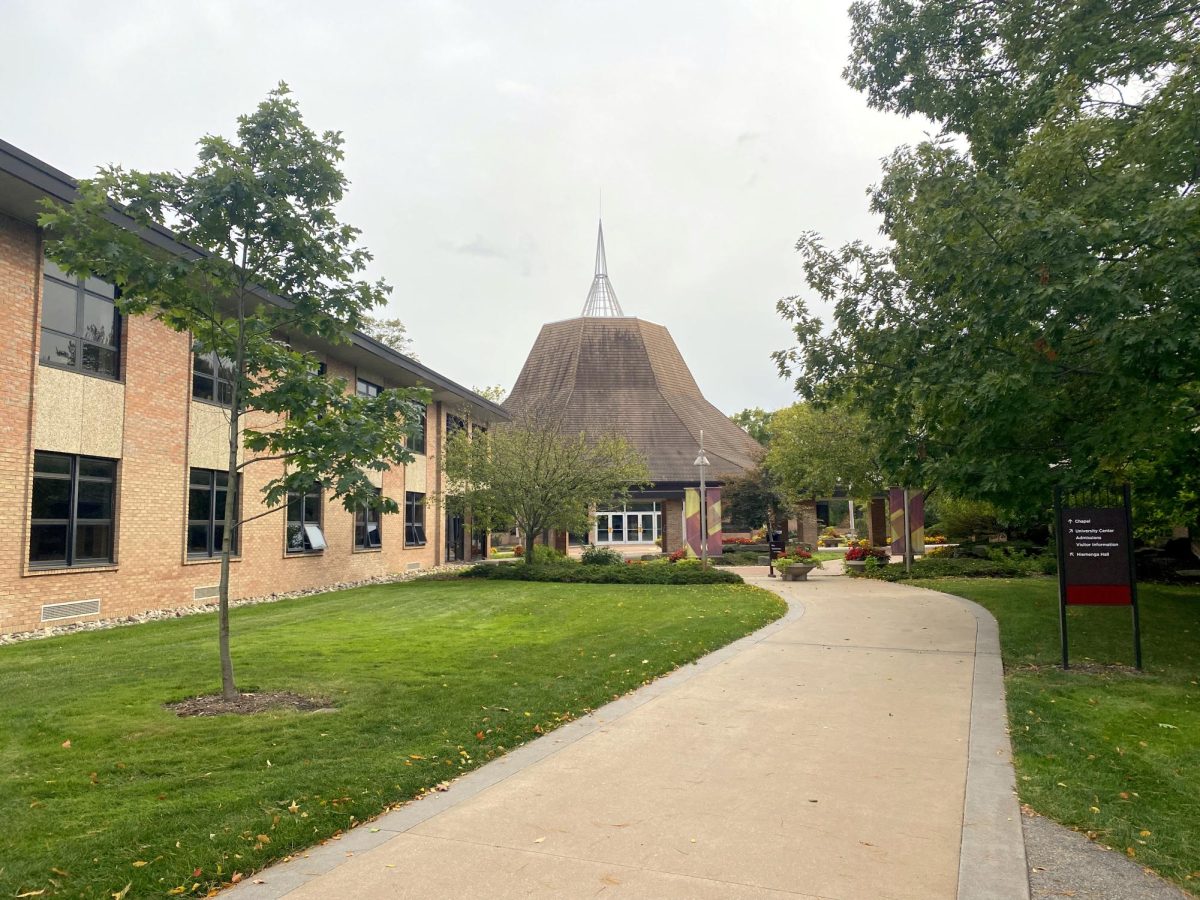
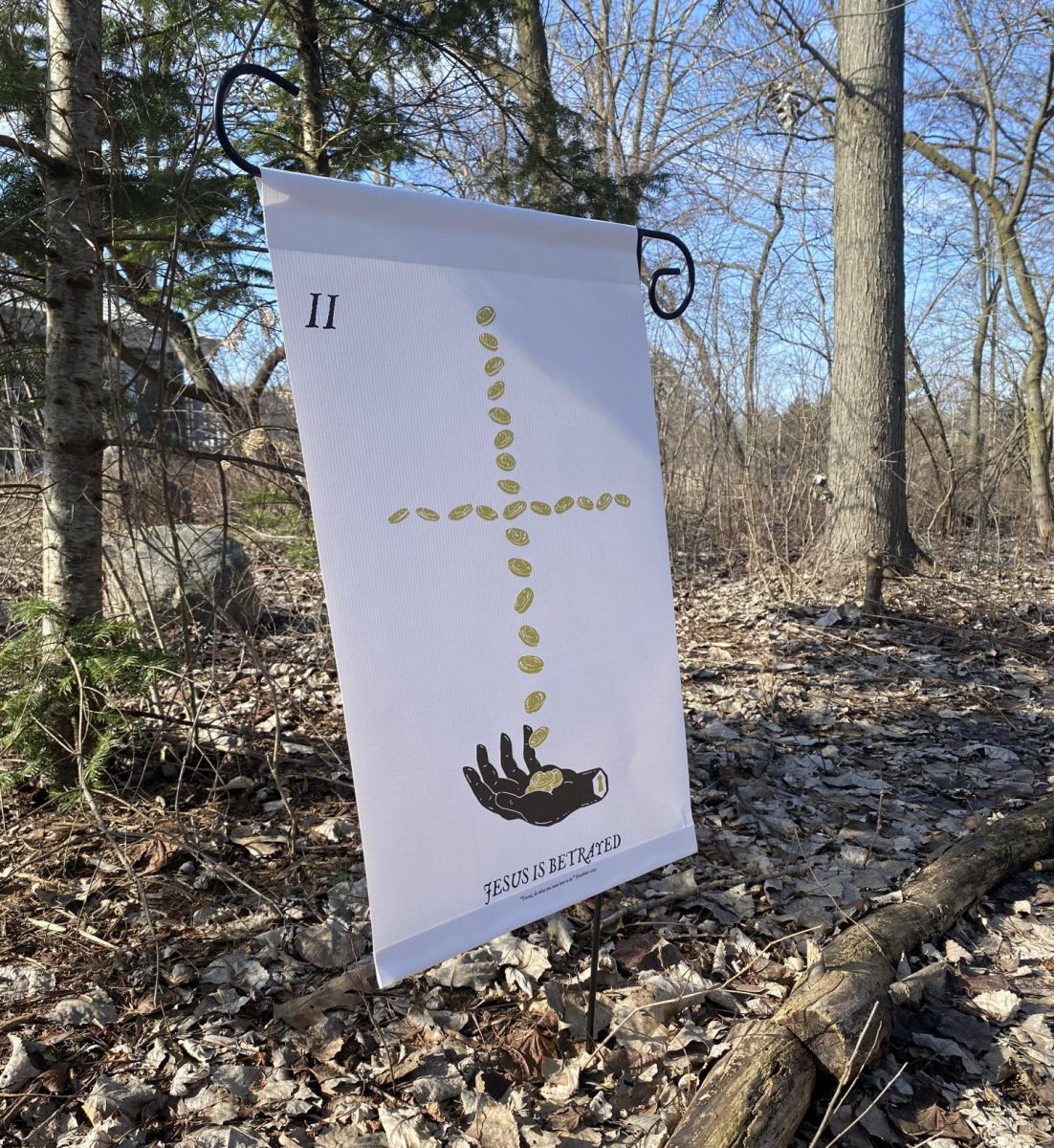
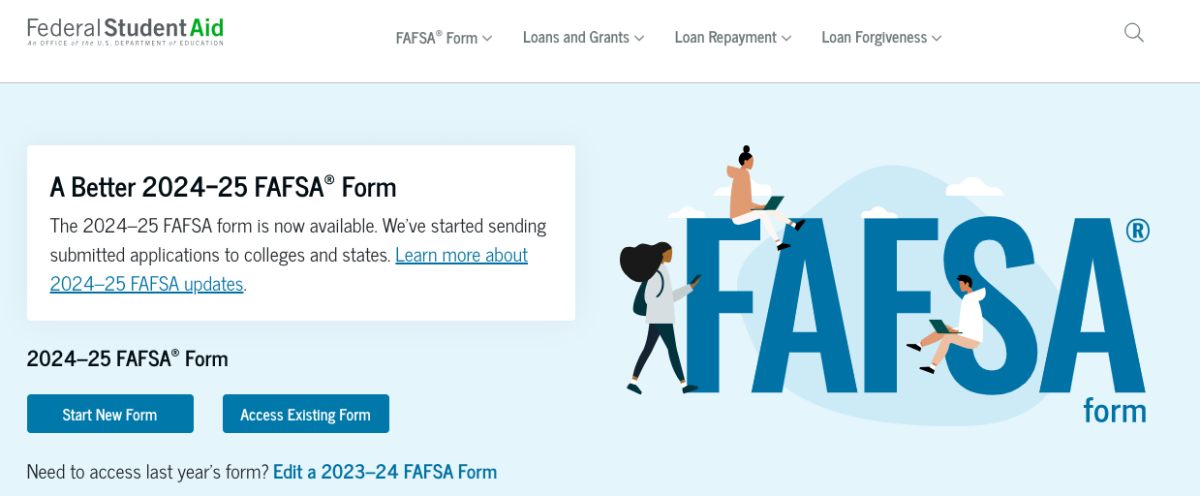
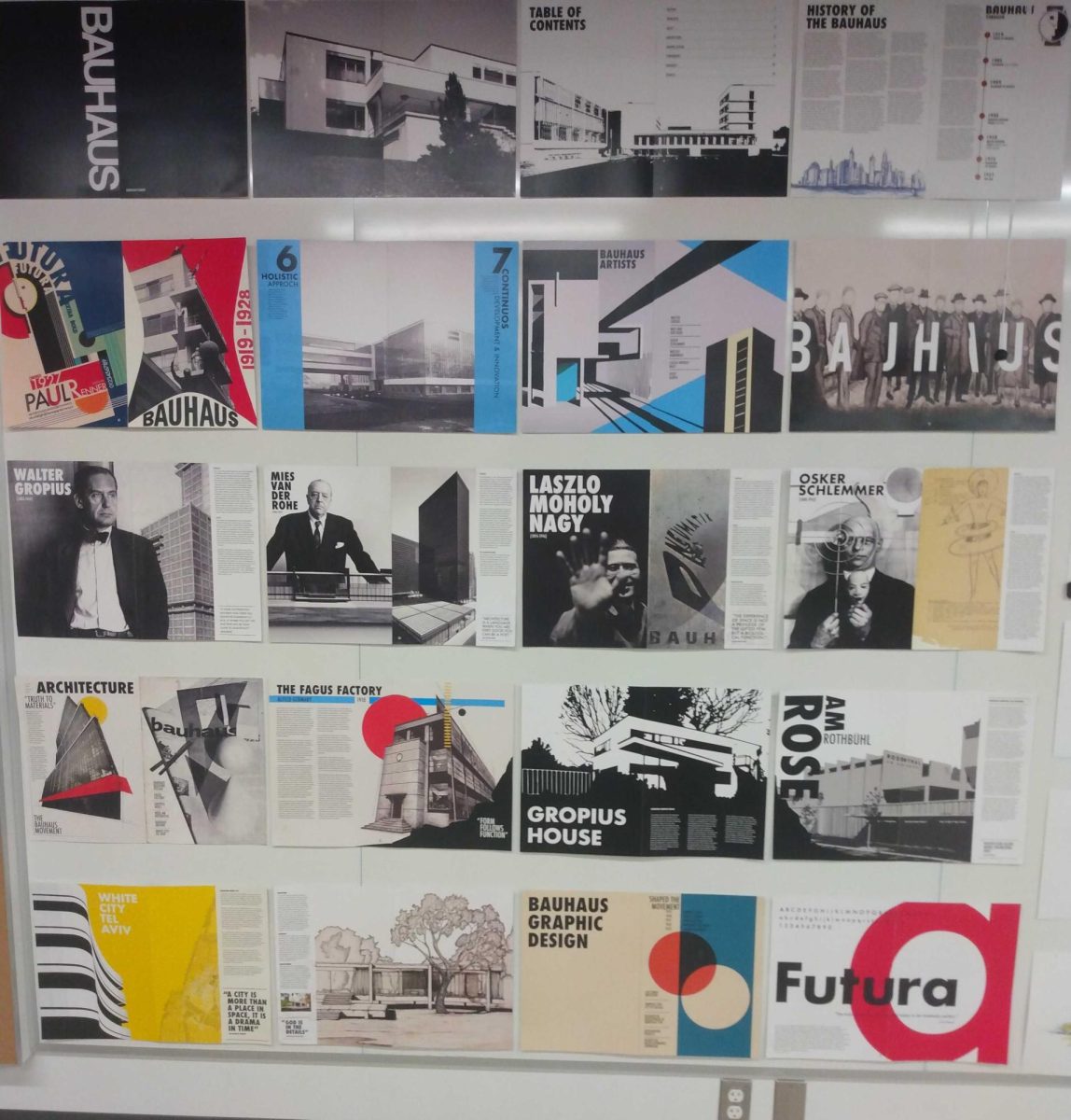
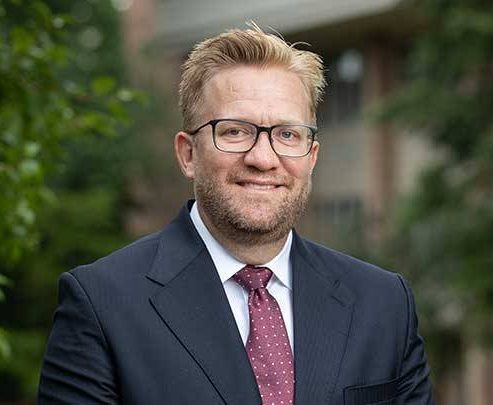
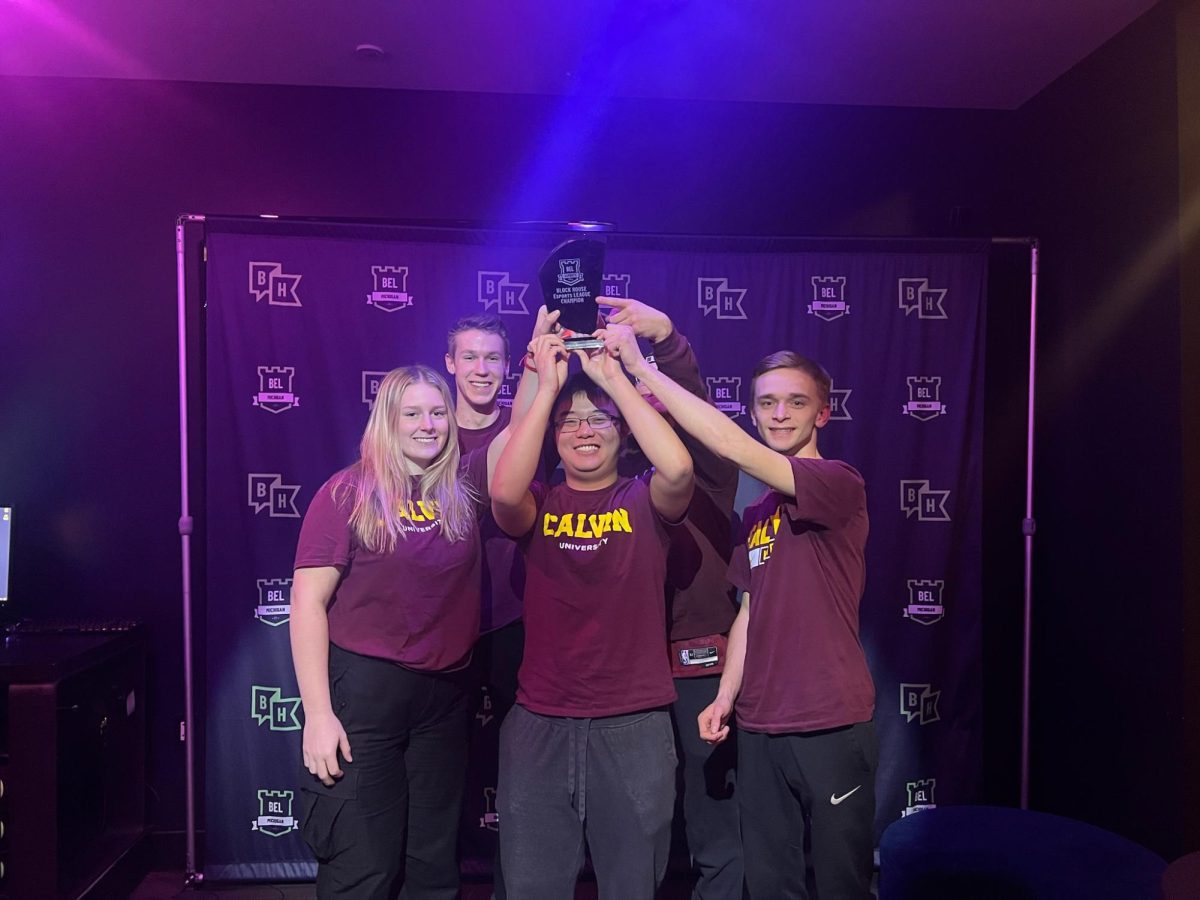
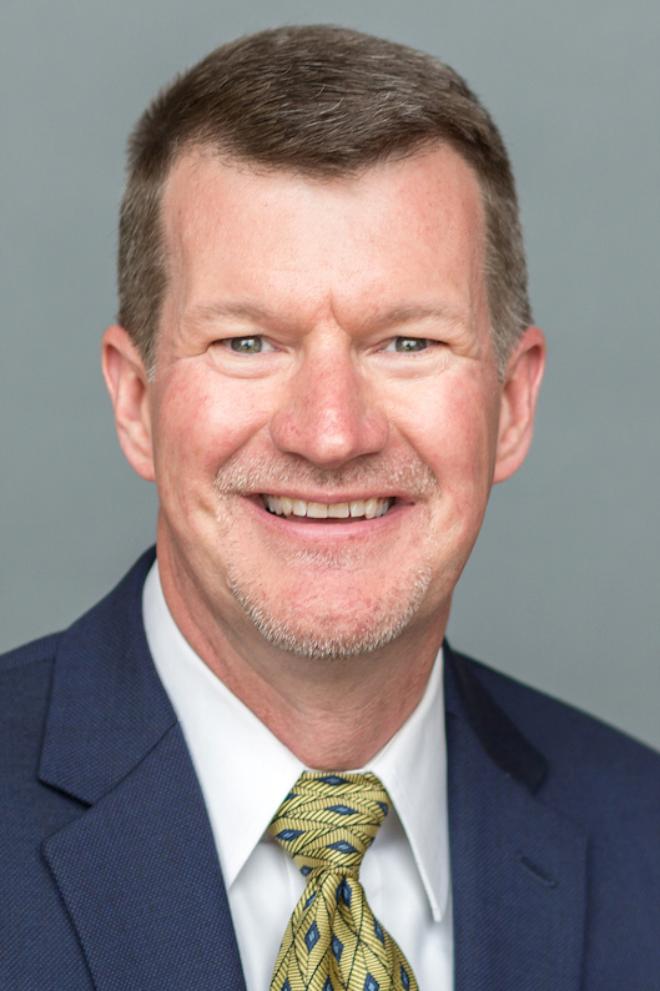
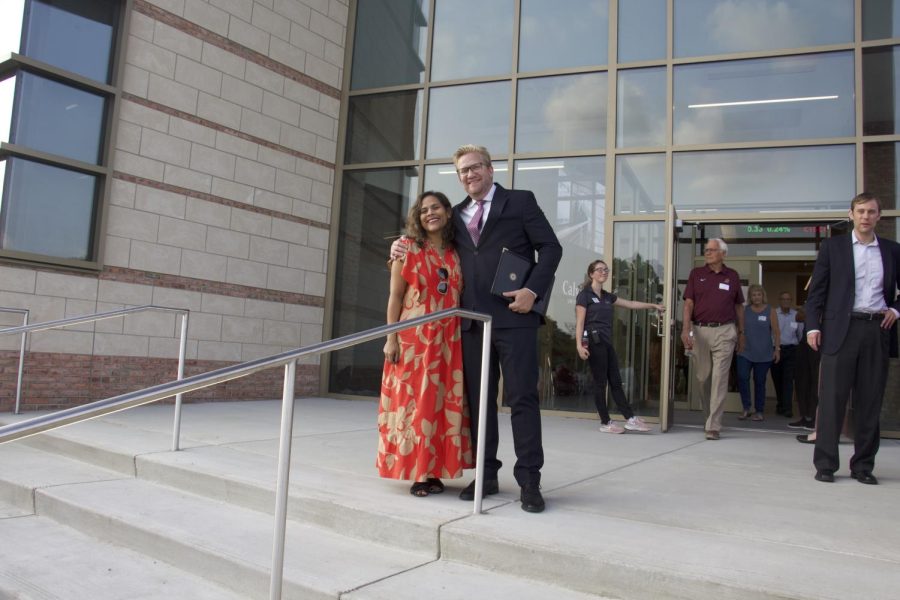
Abbie Ham • Dec 5, 2023 at 8:13 am
Great work on this story, Ethan. Being a place where questions are confronted head-on is one of Calvin’s greatest strength and not something to shy away from.